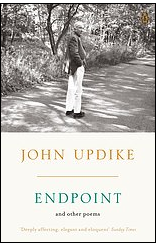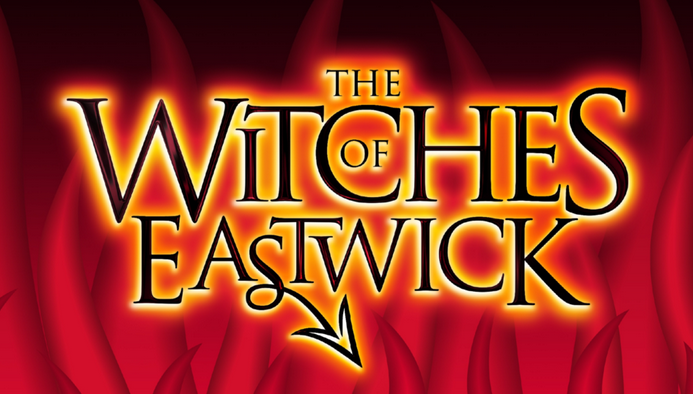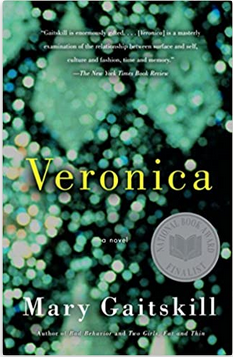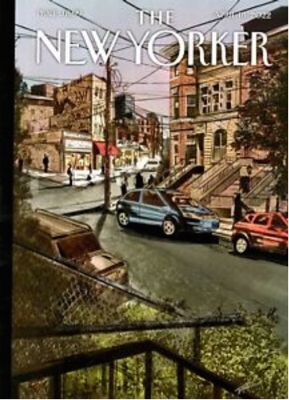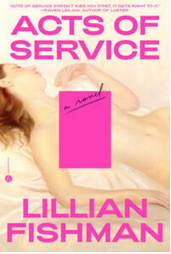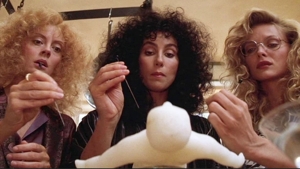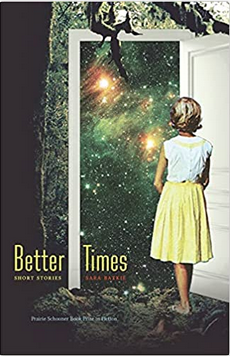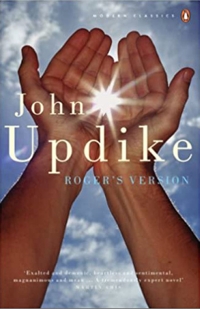When you’ve been a book critic as long as Craig Brown has, you deserve one of the longest headlines in recent memory: “Why, after 23 years and 1.5 million words as Mail on Sunday’s book critic, I think Jade Goody is up there with Dickens’: After writing the equivalent of War and Peace (twice), CRAIG BROWN hangs up his pen – and remembers 20 titles he most enjoyed reading.”
Click on the link above to read his farewell remarks.
As for the “20 Most Memorable Books I’ve Reviewed,” here they are:
Waterlog—Roger Deakin
The Suspicions of Mr Whicher—Kate Summerscale
Birds and People—Mark Cocker
Once Upon a Secret—Mimi Alford
Madeleine—Kate McCann
A Very English Scandal—John Preston
This Boy: A Memoir of a Childhood—Alan Johnson
The Years of Lyndon Johnson: The Passage of Power—Robert A. Caro
Out of Sheer Rage—Geoff Dyer
Untold Stories—Alan Bennett
Simon Gray’s Diaries—Simon Gray
Terms and Conditions: Life in Girls’ Boarding Schools, 1939-1979—Ysenda Maxtone Graham
Tamara Drewe—Posy Simmonds
The Man Who Went into the West—Byron Rogers
The Examined Life—Stephen Grosz
The Year of Magical Thinking—Joan Didion
The New Biographical Dictionary of Film—David Thomson
Anne Tyler’s Novels—yes, any of them
Tales of a New Jerusalem—David Kynaston
Endpoint and Other Poems—John Updike
“Updike died in 2009, having written more than 50 books, all of them, as Tobias Wolff once observed, ‘suffused with the pleasure of simply being alive’. Ths posthumously published book of poems, written when the end was in sight, is full of wonder and delight.”


